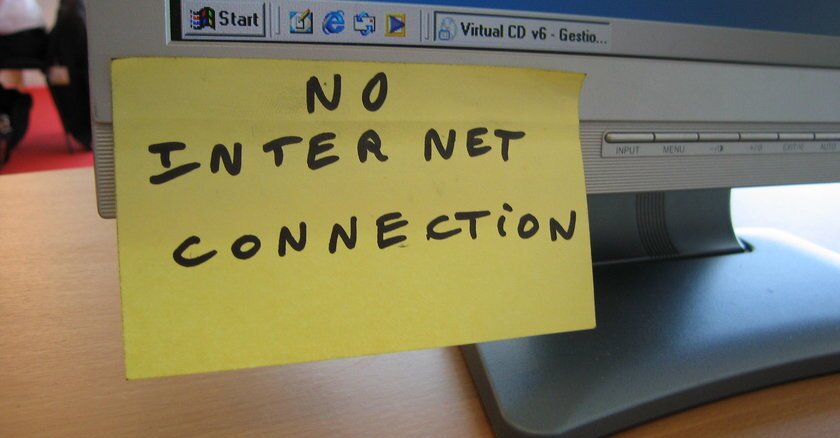Haverhill residents are getting help in the form of free computer classes, free computers and free internet access from the nonprofit MakeIT Haverhill, with the support of a regional program.
In 2021, the nonprofit Boston-based Tech Goes Home partnered with the Essex County Community Foundation on a pilot program covering 50 households across five program sites: Lawrence Community Works, MakeIT Haverhill, North Shore CDC, the Latino Support Network of Lynn, and Wellspring House of Gloucester.
The organization is now looking to expand the program, which for MakeIT Haverhill means providing even more residents with what they need to live in a digital world.
"As part of Community Action, we've been talking about how we can use Tech Goes Home and move into workforce development to use computers as part of their job," said Keith Boucher, founder of MakeIT Haverhill. "Because the demand for classes exceeds supply we welcome an expansion of the program."
Lisbeth Valdez, program director for MakeIT Haverhill, said any Haverhill resident can receive the free computer training although the program is primarily attracting residents with little or no computer or internet skills. Many of them happen to be from low-income households, she said.
"In the past two years, from June 2021 to March 2023, we've held six computer basics classes and four small business computer classes with 98 students graduating from our courses," she said. "When we ask people why they signed up, most of them say they need to have some basic computer skills for their jobs or to enter the workforce or to get a better job."
The current class is filled with students who are eager to learn, including Jamie Curtis.
"I hope at the end of this class I will be able to create a resume for myself, so I can start working part-time again in the near future," Curtis said.
Victoria Ogieriakhi enrolled in the class in hopes of getting a grasp on the basics of using computers.
"I want to know how to navigate the computer, to control the mouse and keyboard," she said.
Valdez said that for many learners among the city's immigrant population, it is their first time using a computer and that some say they need computer skills to help their children in school.
"In addition to teaching basic computer skills, we're also teaching our students about internet security, how to use email, look for and apply for a job online, find housing, book a flight and other online activities."
Tech Goes Home helps residents achieve a high speed connection, helps them enroll in affordable internet service — including through the FCC's Affordable Connectivity Program — and then works with its partners to cover the cost for up to one year. Participants who complete 16 hours of free digital skills training receive a free Chromebook and a free wireless hotspot for a year.
Tech Goes Home also provides the curriculum for a small business course tailored to people looking to start a family-owned business and for those who already run one.
"They are providing us with all the resources we need," Valdez said. "We do need additional volunteer instructors so we can conduct more classes and we're hoping to offer an intermediate computer literacy course. Tech Goes Home is essential and vital for us to be able to provide these programs."
Dahlia Bousaid Cox, chief advancement officer at Tech Goes Home, said her organization provides learners with free Chromebooks, but it could include iPads and in certain cases PC's for workforce development programs as well as hotspot devices for those experiencing housing instability.
"With the support of ECCF our pilot program served over 100 people in Essex County the first year and 100 the second year," Bousaid Cox said. "This year our goal is to serve more than 250 learners and in the next few years we are working with ECCF to serve another 800 learners."
© 2023 The Eagle-Tribune (North Andover, Mass.). Distributed by Tribune Content Agency, LLC.














